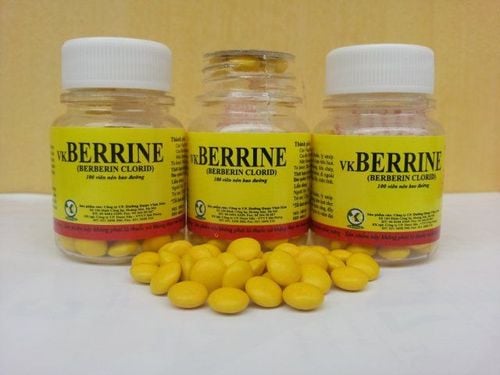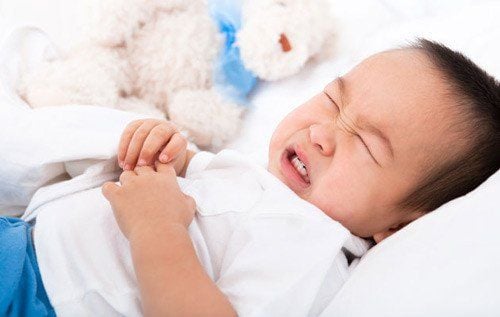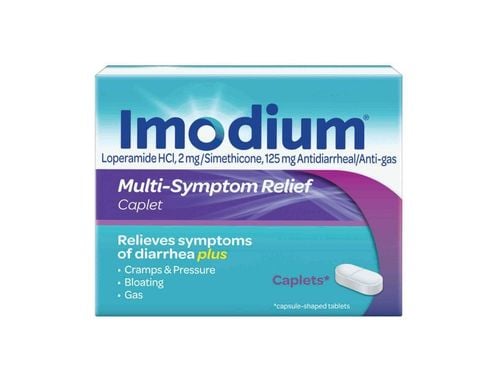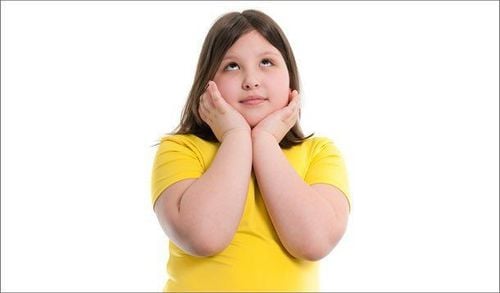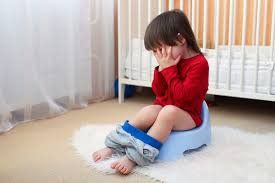This is an automatically translated article.
The article was professionally consulted by Assoc. Prof. TS.BS Huynh Thoai Loan - Head of Pediatrics - Neonatology Department, Vinmec Central Park International General Hospital. This is one of the leading experts in Pediatrics - Neonatology in Ho Chi Minh City with nearly 30 years of experience in examining and treating pediatric endocrinology, pediatric kidney and other pediatric - neonatal problemsDiarrhea in children can cause serious complications such as dehydration, leading to seizures, brain damage or even death. Therefore, it is necessary to detect and treat diarrhea in children as soon as possible.
1. Overview of diarrhea in children
Diarrhea is the passage of loose stools more than 3 times a day. The disease has two forms: acute diarrhea and chronic diarrhea. Causes of diarrhea in children include: Rotavirus infection, Salmonella, Giardia infection, food poisoning, side effects of laxatives or antibiotics, irritable bowel disease, Crohn's disease, allergies. Food reactions, stomach ulcers,...The most common symptom when children have diarrhea is having loose stools more than 3 times a day. In addition, depending on the cause, children with diarrhea may have other symptoms such as: bloody stools, fever, chills, pain or cramps in the abdomen, bloating, nausea, loss of appetite, dehydration,...
Moderate or severe diarrhea can cause dehydration. Severe dehydration can cause seizures, brain damage, and even death in children. Symptoms of dehydration include: Dry mouth, sunken eyes, little or no urine, very few tears when crying, fatigued people, young children will see fontanelles, restlessness, ...
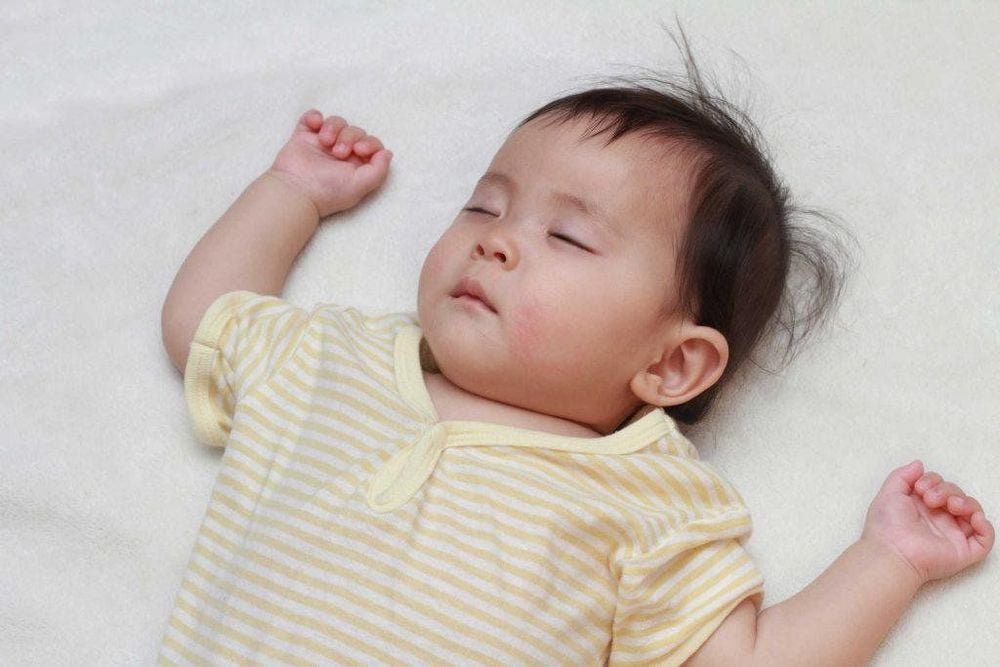
Tiêu chảy khiến trẻ sốt, mệt mỏi
Treatment of diarrhea in children includes: Preventing dehydration by giving extra milk (infants and young children) or oresol oral rehydration solution in case of viral gastroenteritis. . If the cause of diarrhea is taking antibiotics, parents should not stop taking them on their own, but should consult a doctor to reduce the dose, change the diet, take more probiotics or switch to another antibiotic. . The treatment of diarrhea caused by poisoning includes providing enough water and electrolytes for the child and taking the child to see a doctor as soon as possible.
2. When should antibiotics be used to treat diarrhea in children?
When a child has diarrhea , the child should be seen by a pediatrician to determine the degree of dehydration and signs of infectious diarrhea . If your child is only mildly dehydrated, they can be treated at home to replace fluids and electrolytes. In addition, parents need to let their children maintain a liquid diet, keep the child's body clean and the environment clean.
With the cause of diarrhea caused by bacteria, antibiotics can be used for babies with diarrhea when prescribed by a doctor. In many cases, children do not need antibiotics because antibiotics only kill bacteria, not viruses. If the cause of diarrhea is caused by agents other than bacteria (viruses, food poisoning, side effects of drugs, ...) then the use of antibiotics will not cure or prevent infection. disease for others.
Besides, antibiotics can cause some serious side effects. Some children after antibiotic treatment have diarrhea, vomiting or allergic reactions to antibiotics, which can be life-threatening. At the same time, the overuse of antibiotics can cause bacteria to change, become resistant to antibiotics, making the drugs no longer able to work well to kill bacteria. Treatment of antibiotic-resistant infections is difficult and expensive. Therefore, only use antibiotics to treat diarrhea in children when prescribed by a doctor.
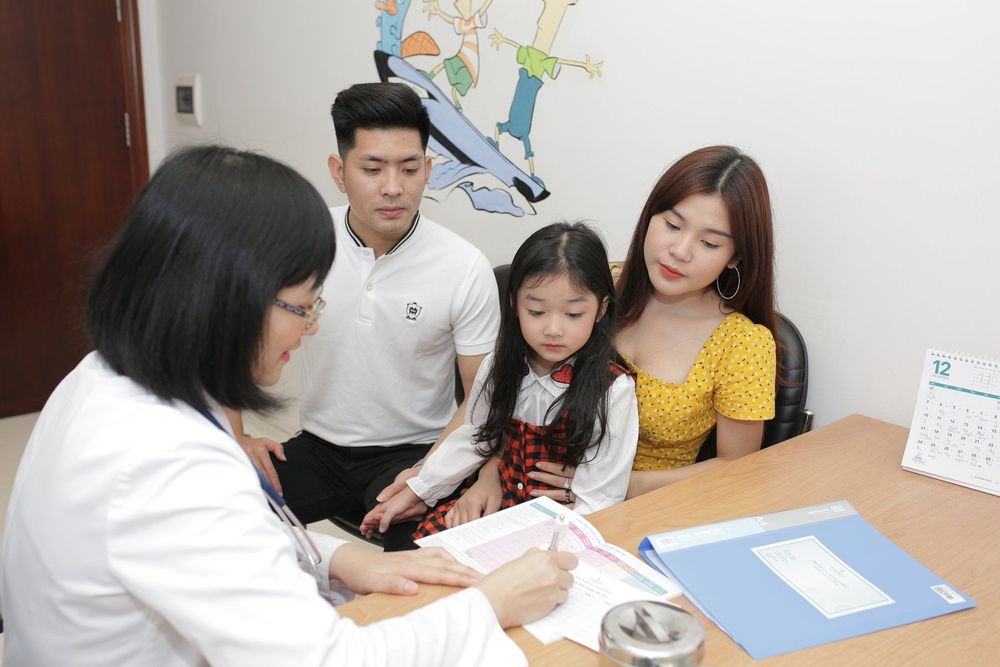
Cha mẹ nên đưa trẻ đến gặp bác sĩ chuyên khoa để nhận được phác đồ điều trị
3. Some antibiotics for diarrhea
Patients with severe diarrhea caused by bacterial infections (bacteria, bacilli, parasites) are assigned to supplement with water and electrolytes to ensure biochemical balance in the body and reduce the risk of death. This is a symptomatic treatment of diarrhea. To treat diarrhea caused by a bacterial infection, antibiotics are needed. The antibiotics commonly used in the treatment of diarrhea caused by bacteria include:
Tetracycline: Has a good treatment effect with cases of diarrhea caused by vibrio cholerae. Patients should take the drug 1 hour before eating or 2 hours after eating so that food does not affect the absorption of the drug; Norfloxacin: Effective against gram-negative and gram-positive aerobic bacteria, bacillus dysentery. This antibiotic should be used with caution in patients with liver failure, kidney failure, epilepsy, central nervous system disorders or the elderly; Ciprofloxacin: An antibiotic that is quickly and easily absorbed from the digestive tract. The drug has a good effect on pathogenic bacteria in the intestinal tract, but it is necessary to use the right disease and at the right dose to avoid drug resistance; Metronidazol: Is a broad-spectrum antibacterial drug on protozoa, capable of effective treatment in cases of prolonged diarrhea caused by acute dysentery, giardia,...; Neomycin: A highly toxic drug, it must be used with caution in people with liver disease, kidney disease, hearing loss. Do not use Neomycin for patients with intestinal obstruction, lesions in the digestive mucosa or children under 1 year of age.
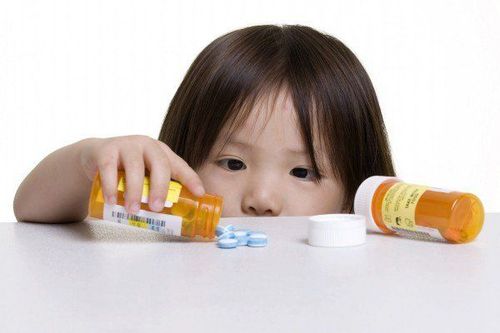
Thuốc kháng sinh cần uống theo chỉ định của bác sĩ
When using antibiotics, it should be noted: Antibiotics for diarrhea are only effective for diarrhea caused by bacterial and parasitic infections and are not effective for people with viral diarrhea. People infected with Shiga toxin-producing Escherichia Coli should not take antibiotics because antibiotics can increase toxin release, leading to hemolytic-uremic syndrome.
The antibiotics mentioned above should not be used by pregnant and lactating women. Only metronidazole should be avoided in women who are pregnant in the first 3 months of pregnancy. Tetracycline can cause permanent tooth discoloration and affect bone growth, so it should not be used in children under 14 years of age. Besides, do not use norfloxacin and ciprofloxacin for children because it can cause cartilage degeneration in immature people.
All cases of diarrhea in children, before using antibiotics, they need to see a gastroenterologist to be prescribed specific drugs. Do not self-medicate, use the wrong type of medicine because it will make the disease worse and more difficult to treat.
In addition, in order to limit the use of antibiotics by children, parents should pay attention to the nutrition that improves the child's resistance. At the same time, add supporting foods containing lysine, essential micro-minerals and vitamins such as zinc, chromium, selenium, B vitamins,... snacks and less digestive problems.
Parents can learn more:
Why do you need to supplement Lysine for your baby?
The role of zinc - Guidelines for reasonable zinc supplementation
Please visit the website Vinmec.com regularly and update useful information to take care of your baby and family.





